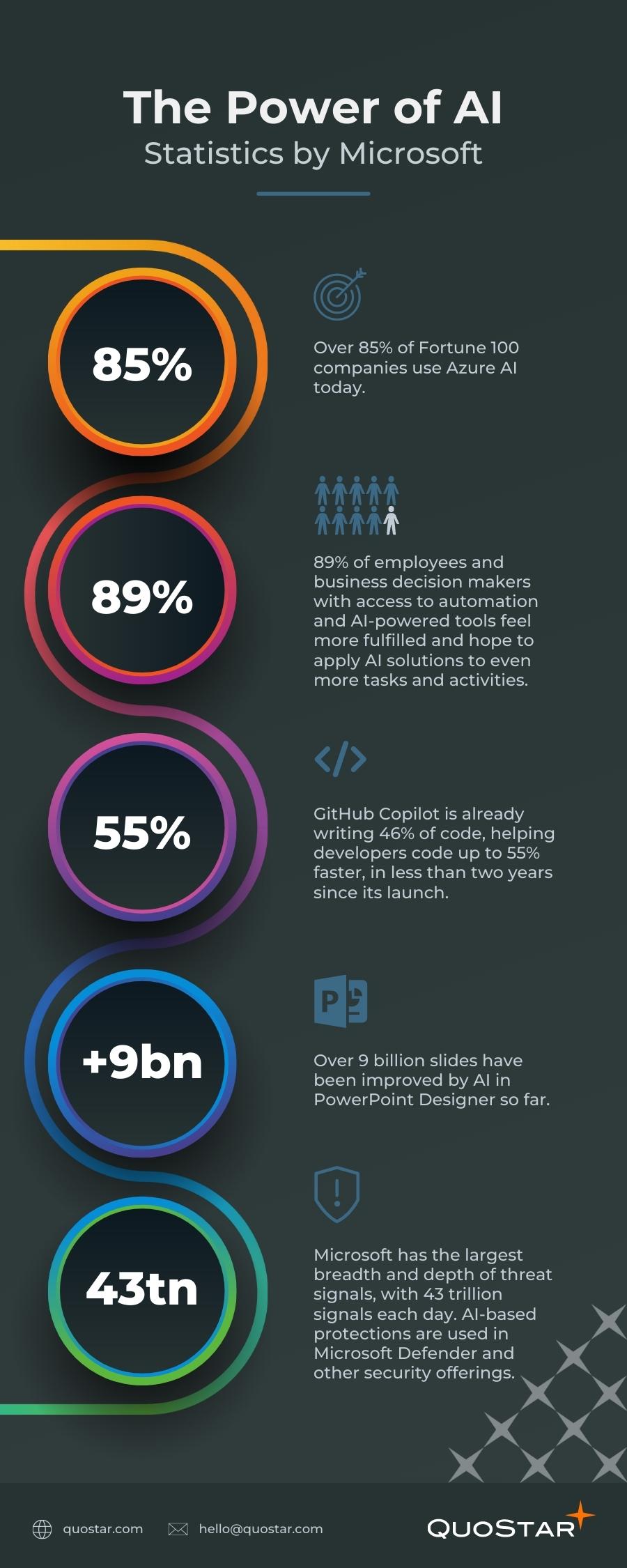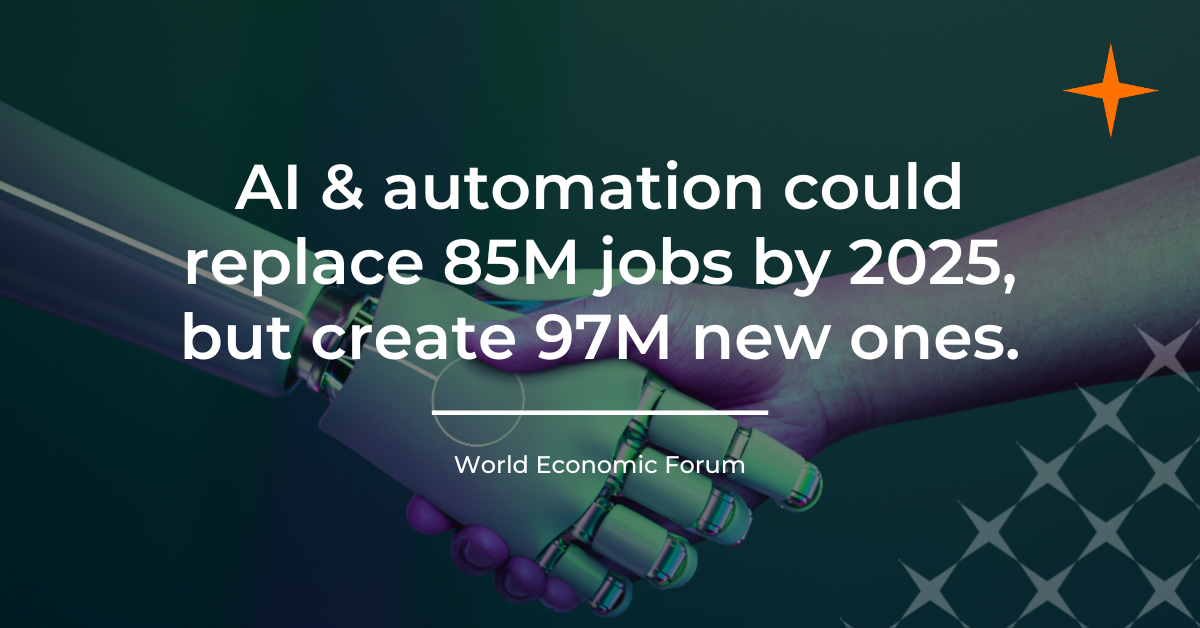Artificial intelligence (AI) is the buzzword of the moment. It’s hard to browse any tech-related news site without seeing the latest development, product or service related to AI. But how is AI really impacting the tech industry?
The Rise of AI-Powered Products and Services
One of the biggest impacts of AI on the tech industry is the rise of AI-powered products and services. From digital assistants like Siri and Alexa to machine learning algorithms that can predict your shopping habits, AI is everywhere. Microsoft 365 Copilot is a great example that showcases the immense potential of AI to enhance user experience and increase efficiency. By using the power of large language models (LLMs) and integrating it with source data across all Microsoft 365 apps and services, Copilot promises to transform the way individuals engage with their tasks by turning user input into a powerful productivity tool.
Other tech giants like Google, Amazon, and Facebook are also investing heavily in AI-powered products and services. Google has made significant advancements in natural language processing, while Amazon is using AI to improve its supply chain management. Facebook, as another example, is using AI to improve its content moderation capabilities.
The Future of Work and the Role of AI
AI is going to have a significant impact on the future of the workplace, not just how we work and interact but how we leverage technology to coordinate, plan and accomplish our goals. Whilst AI isn’t going to take your job, perhaps the user that harnesses it more effectively will.
The World Economic Forum has estimated that by 2025, AI and automation could replace 85 million jobs, whilst also creating 97 million new ones. It feels inevitable jobs will be replaced by AI-powered services over time and the nature of remaining jobs will change, and in turn new jobs will be created.
We expect there will be shifts similar to the changes seen with other major technological advances such as the invention of the printing press, telephone or the internet. Shifts which will require new ways of thinking about skills and training to ensure users are prepared for the future and that there is enough talent available for critical jobs. As AI becomes more prevalent, companies need to adapt by investing and deploying new technologies effectively, retraining their employees, and creating new roles to work alongside AI.
Responsible AI
While AI has many potential benefits, there are also ethical considerations to consider.
Implementing a responsible AI strategy is a challenge many organisations struggle with – ensuring that AI models do not perpetuate biases or discrimination based on race, gender, age, or any other protected characteristic is a key consideration.
AI relies on vast amounts of data and it’s essential that this data is kept secure and private. It’s particularly important that businesses prioritise data privacy and security, ensuring that user data is protected and used responsibly in compliance with relevant regulations and laws.
Businesses should also consider the potential implication of replacing human workers with machines. While some jobs may be lost to AI, new jobs will also be created. However, it’s important to consider the social and economic impacts of this transition.
Statistics
It’s clear that AI is already making a profound impact on the tech industry. As an example, ChatGPT gained a million users in just five days after its launch in November 2022, as reported by OpenAI. This app has now become the fastest-growing app in history, with over 100 million users estimated to be using it. The recent data from Similarweb also reveals that chat.openai.com has received approximately one billion visits in the last 30 days, highlighting a significant interest in AI-powered communication. It is worth noting that the effectiveness of AI-powered tools largely depends on the quality of the data inputted; accurate and timely business data is crucial for achieving the best results.
Conclusion
AI is rapidly changing the way we work and interact with technology, and its impact is being felt in every aspect of our lives. The proliferation of AI-powered products and services is just one example of this transformation, and as users, we are embracing these new technologies at an unprecedented pace. While AI cannot do everything for us, it can undoubtedly improve task efficiency and effectiveness. As an example, ChatGPT was responsible for proofreading and copywriting most of this article.
As AI continues to evolve, it’s important for companies to stay ahead of the curve, invest, and adapt to the changing landscape. At QuoStar, we understand the importance of keeping up with the latest technological advancements, and we are committed to sharing insights and helping our clients leverage these technologies to achieve their business goals.

